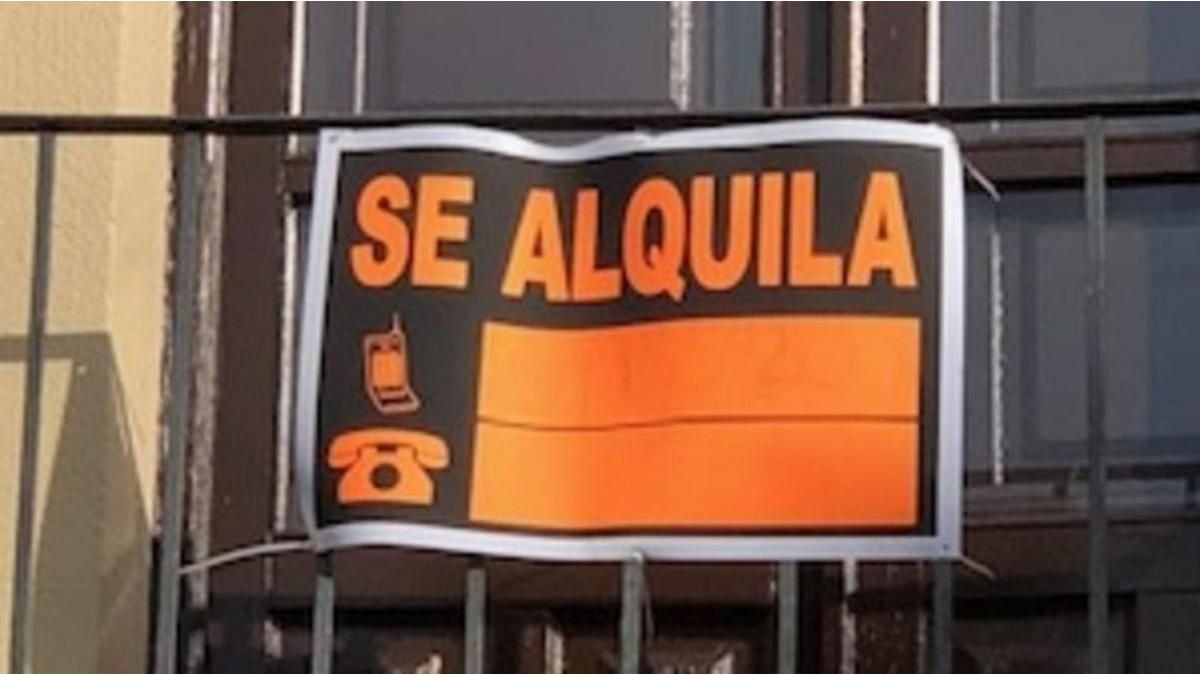The new Rental Law, sanctioned last week by the Chamber of Deputies, will come into force as of this Wednesday, October 18, in accordance with the provisions of the standard, promulgated this Tuesday with its publication in the Official Gazette.
In this way, the rental contracts signed as of this Wednesday must have a minimum term of three years and provide for a semiannual update in accordance with an index called Casa Propia, currently used for credits, among other aspects.
Furthermore, the law provides various tax benefits for landlords and tenants, linked to the payment of monotribute, the Personal Property Tax and the Tax on Debits and Credits (“the check”). It also allows a discount on Income Tax, and invites the provinces to approve other tax benefits.
“The provisions of this law will come into force on the day following its publication in the Official Gazette and will be applicable for fiscal years 2023 and following”states article 12 of the new Rental Law, promulgated today.
The new regulations consist of a modification of the Civil and Commercial Code of the Nation in which maintains the duration of three years for rental contracts, leaving aside the proposal initially voted by the Chamber of Deputies so that the duration would return to two years, as previously.
The minimum period of three years, however, It does not apply to temporary rentals for tourist purposes, which will have a limit of three months so as not to be covered by the law.
Furthermore, the new standard, prohibits fixing the value of rents in dollars or any other currency other than the national one.
Rental law: how and how often the increases will be adjusted
The adjustments, for their part, can now be made in intervals not less than six months, instead of the minimum of one year stipulated in the 2020 regulations and the period of between four and 12 months established in the original project approved in Deputies.
The increase mechanism will use as a criterion “a coefficient made up of the smallest variation that arises from comparing the average of 0.9 of the variation of the salary variation coefficient published by Indec and the variation of the Reference Stabilization Coefficient (CER), published by the Central Bank”that is, it will take into account the lowest indicator between the average salary variation of the last year and the average inflation of the same period.
This coefficient is the Casa Propia index that has been used since 2021 to update the quotas for the different credits that are part of the Federal Casa Propia and Procrear II Program.
According to information provided by the Ministry of Territorial Development and Habitat, this formula promotes greater stability in the updating of quotas, since it contributes to mitigating the impact of eventual milestones in the evolution of salaries that respond to specific periods by having takes into account the average salary of the last twelve months and not the variation of a single month.
By incorporating the Salary Variation Coefficient (CVS) with a ratio equal to 0.9, instead of reflecting the average of the salary variation in its entirety, the reference that will be taken into account will be equivalent to 90%.
In the last two years, the Casa Propia coefficient was always adjusted by salaries (CVS) and not by inflation, as it is the lower of the two indicators.
Previously, rents were updated with an index made up in equal parts of the monthly variations of the Consumer Price Index (CPI) and the average taxable remuneration of stable workers (Ripte).
The rule approved in the Deputies, before the changes in the Senate, stipulated that the increase is agreed “freely” between the parties, and could be based on the CPI, the Wholesale Price Index, the Wage Index or a combination of all the mentioned, in addition to not preventing contracts in dollars.
Rental law: what taxes landlords will no longer pay and in what cases
Regarding tax benefits, the law provides that they will be income coming exclusively from the rental of up to two properties is exempt from paying the monotax.and exempts properties intended for rentals from paying the Personal Property Tax and the Tax on Debits and Credits (“on the check”) for operations linked to contracts.
The law, which invites provincial jurisdictions to approve other tax benefits, allows the owner and the tenant to deduct 10% of the total value of the annual rental from the Income Tax.
Source: Ambito




